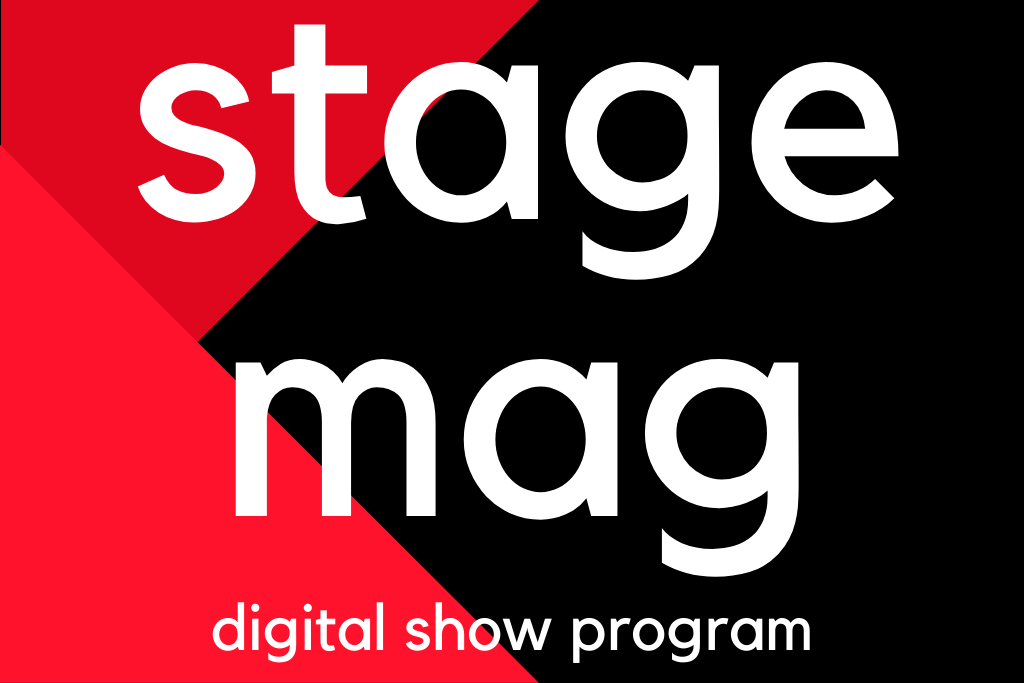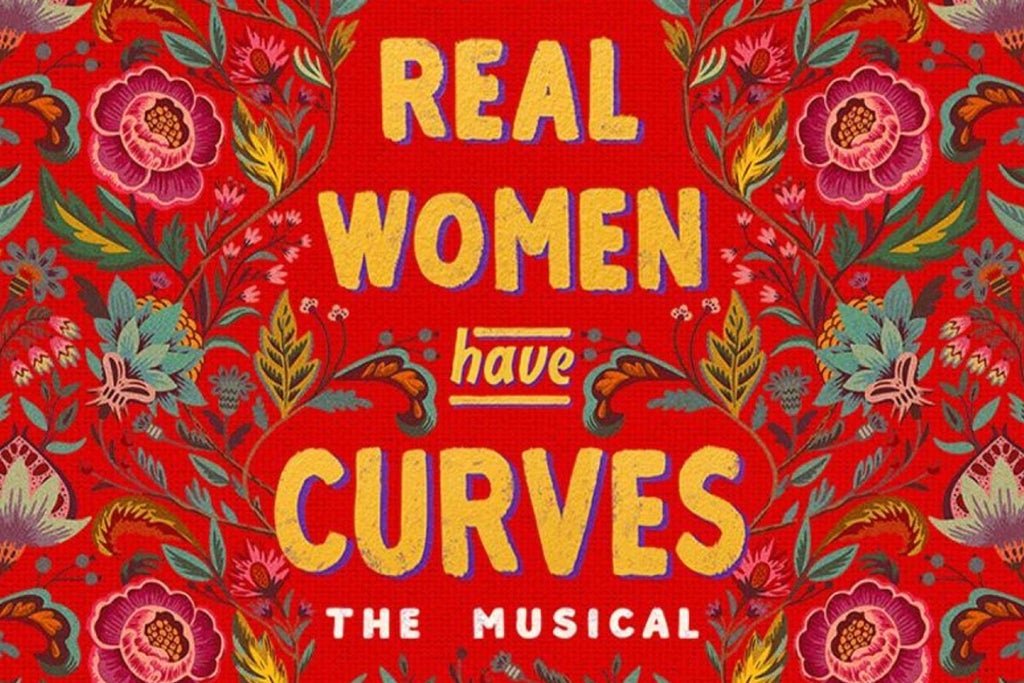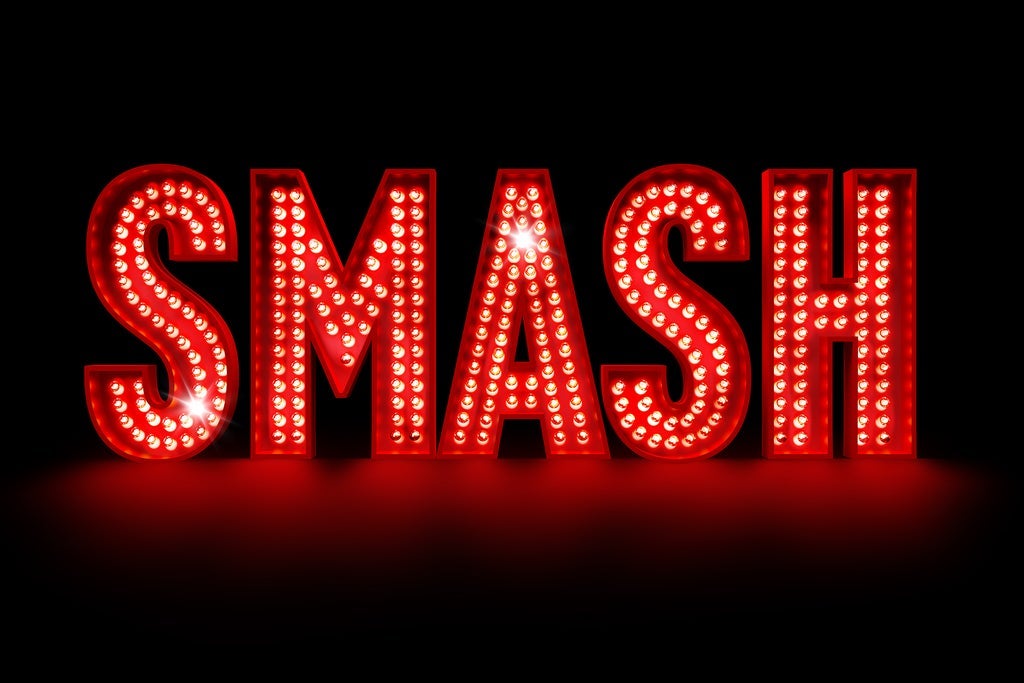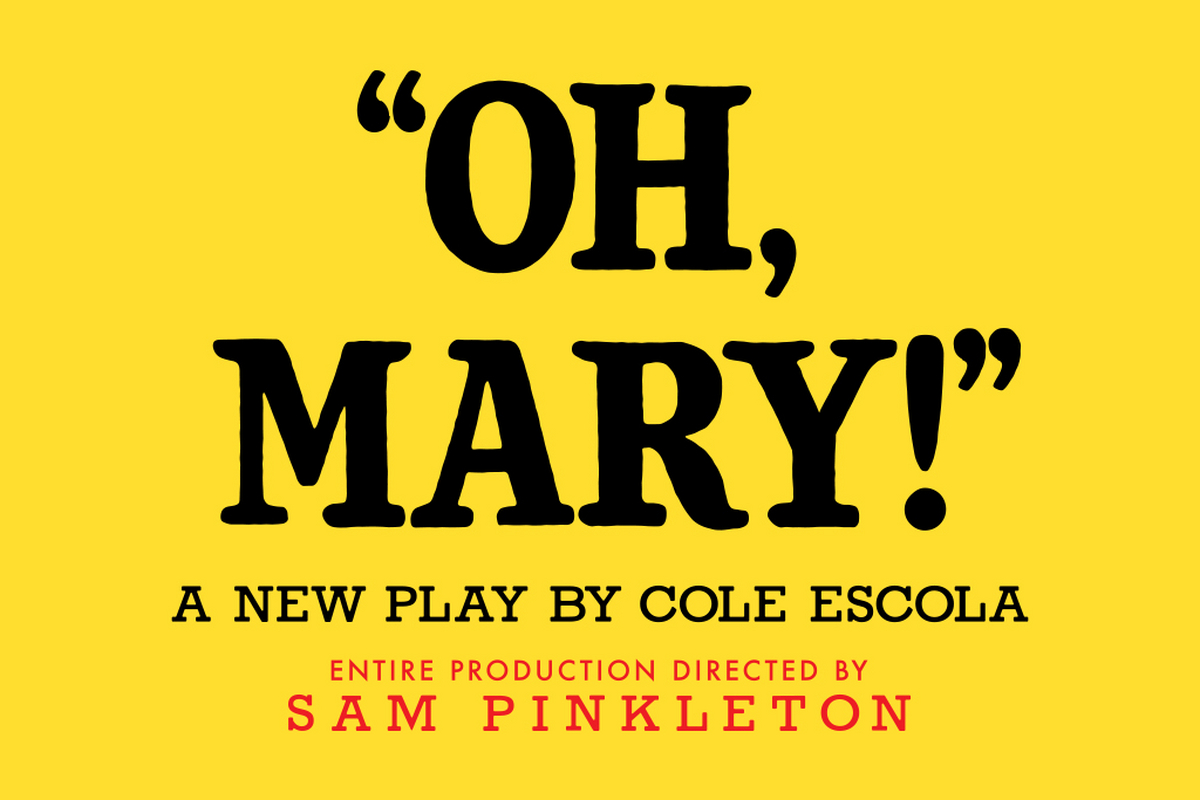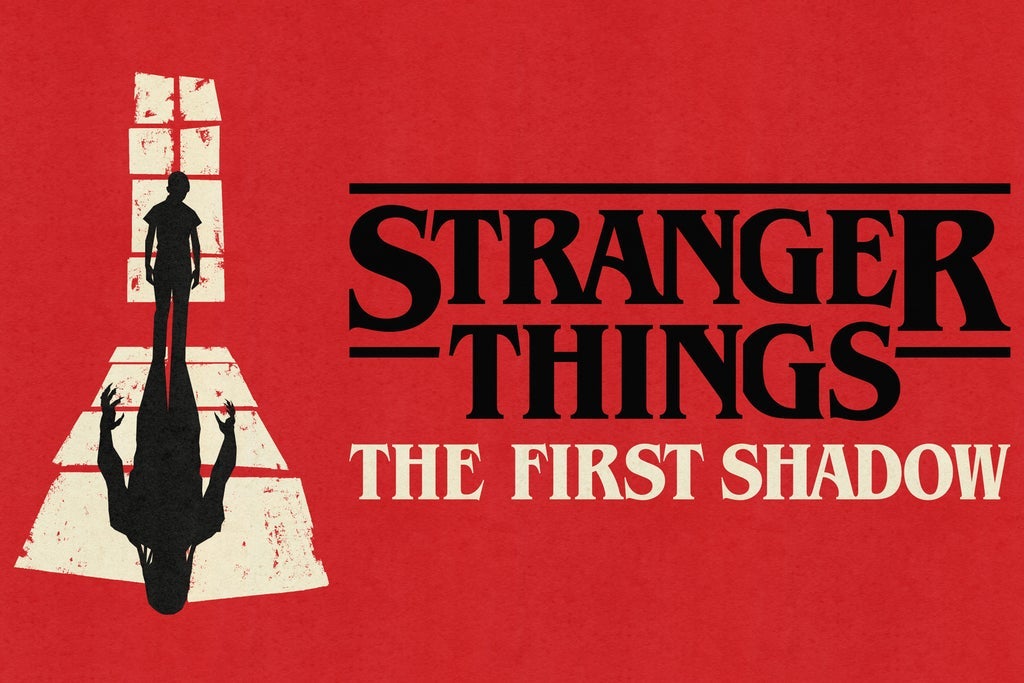In that combination, I feel the meaty hand of the producer Garth H. Drabinsky, who seems to have used his influence to shape “Paradise Square” into a likeness of his previous hits. Like “Ragtime” in 1998 and the 1994 revival of “Show Boat,” it frames social unrest as the product of a few representative individuals and tries to fill the inevitable gaps with big sound and stagecraft. It also borrows a famous plot device from “Show Boat” — which is effective here even if the debt goes otherwise unpaid. But unlike those musicals, which were built on the frames of strongly written novels by authors with singular voices, “Paradise Square” feels almost authorless despite its many contributors, and the direction of Moisés Kaufman, known for a strong hand and conceptual coherence, does little to erase the impression of anonymity. (The design elements are likewise merely efficient.) Contingent and anxious, the show seems more interested in saying the right things than in telling a coherent story.
Critics' Reviews
Review: In ‘Paradise Square,’ Racial Harmony Turns to Discord
It's a handsome production, with a talented and notably large cast; the exciting dance sequences, choreographed by Bill T. Jones, are among the show's highlights [...] The problem is that the writing doesn't support the spectacle, yielding a ponderous hash of good intentions that often feels like a training-wheels version of Ragtime. The disjointed script hops among scenes and tones, and while one understands the impetus behind ditching Foster's catchy but plantation-flavored songs, the score that has replaced them-by Jason Howland, Nathan Tysen and Masi Asare-is mostly unmemorable.
PARADISE SQUARE: ALLIES AND RIVALS, IN SONG AND DANCE
The resilience demonstrated by Kalukango’s character and others in Paradise Square seems fitting in a show that might have been prematurely written off as the latest big musical that couldn’t. Instead, at a time when original stories and scores are becoming increasingly rare in such Broadway fare, the production delivers both a surge of energy and a flicker of hope.
‘Paradise Square’ Broadway Review: History Eludes Musical’s Big Reach
Paradise Square comes very close to saving itself from its own impulses - not least from a theatrically disappointing climax of a brief, unterrifying and bloodless riot - by giving star Kalukango the evening's single greatest moment of glory: a powerhouse anthem of anger and defiance called 'Let It Burn,' in which this wonderful singer castigates the rioters and the destroyers and taunts that the human spirit can survive the destruction of ramshackle structures. As a battle tactic, 'Let It Burn' falls a good deal short, but as a vocal exercise for an astonishing singer, the number is a treasure (and might very well hand Kalukango a Tony Award nomination that might otherwise have missed her).
Review: Joaquina Kalukango elevates an ambitious ‘Paradise Square’
The musical's score, an impressive mixture of Irish jigs, 19th century work songs and jazz, reinforces the musical's themes of racial harmony and racial division, while driving the show's energy forward. One group number, 'Why Should I Die in Springtime,' in which the Irish characters lament having to fight in the Civil War, is immediately answered by 'I'll Be a Soldier,' in which the Black characters declare they would fight if America would let them. It's a brilliant battle in musical form. Bill T. Jones's expansive choreography similarly takes on these themes. Jones combines Irish step dancing, tap dancing, modern break dancing and Haitian Yanvalou, yet creates distinctive dances for the Irish characters and the Black characters. The result is character-motivated choreography that is astounding in its density and gorgeous in appearance.
Garth Drabinsky’s new Broadway musical Paradise Square shows an old producer can learn new tricks
Unfortunately, for a story set during the Civil War, Paradise Square sometimes seems at war with itself. The captivating choreography is rarely well-integrated into director Moises Kaufman's stand-and-sing staging - which also makes it devilishly difficult to connect emotionally to the characters. The large ensemble, likewise, feels too big on a stage dominated by a giant industrial-looking set piece meant to represent Nellie's bar; it rotates often, and somewhat pointlessly, as it looks pretty much the same on both sides. (Allen Moyer is the designer.)
REVIEW: Fraught with America’s strife, the new Broadway musical ‘Paradise Square’ gives its all
The show genuinely wants to be entertaining, of course, and much of the time it succeeds. It movingly celebrates the power of love and of families we make for ourselves. But it does not want to offer the traditional cathartic comfort of musicals; rather, it seeks to reflect all the pain these struggling characters feel. And thus 'Paradise Square' will survive on Broadway only if audiences are willing to see that these artists are doing their best not just to reckon with the past, but to make the radical (for a musical) point that the present is not so much better.
An Unsteady Home In PARADISE SQUARE — Review
Ahh, a new megamusical is in town. It’s hard to remember the last time one of these opened up. Not the over-bloated film adaptations that continue to plague Broadway stages, but the gargantuan originals of the ‘80s and ‘90s. Towering sets, huge ensembles, grandiose plots told through so-so methods that nevertheless win you over. Paradise Square, now at the Barrymore Theatre, qualifies on all these counts, with a healthy dose of “America is a beautiful melting pot” earnestness that has all but been erased by a more timely (more accurate) understanding of the country’s jumbled ingredients.
‘Paradise Square’ Packs Valuable Lessons in Old-Fashioned, Familiar Wrapping
The musical features a talented ensemble led by the powerhouse Joaquina Kalukango (as Nellie, the owner of the tavern where the majority of the action takes place) and the nimble A. J. Shively (as Owen, a masterful dancer Irish immigrant terrified of getting drafted). It is chock-full of impressive dance numbers that pair the percussive rhythmic step dances of the Irish and Black communities. The score is catchy (especially the title song), compelling, and feels period-specific (heavily featuring the fiddle) while appealing to a modern musical theater ear. The highlight of the show is without a doubt 'Let it Burn,' Kalukango's 11 o'clock number, which receives a standing ovation and will be canonized alongside the greats like 'I'm Here,' 'Lot's Wife,' and 'Rose's Turn.'
‘Paradise Square’ Review: A Belabored History Lesson of a Broadway Musical
The body can sometimes say more than words, but even the most expressive moves cannot make a coherent case for 'Paradise Square.' The blunt and belabored history lesson of a new musical set in Manhattan's Five Points, and produced by Garth Drabinsky, purports to be a fable of American race relations. But while conflicts between the neighborhood's Black and Irish residents at times come thrillingly to life through dance, 'Paradise Square' is wrong-footed from the jump. For all its spring-loaded set-up, 'Paradise Square' quickly runs out of steam, sputtering through a reprise-heavy second act that somehow feels both bloated and rushed. A near-total lack of characterization beyond their historical circumstance invites little emotional investment in the numerous people on stage.
Broadway review | Not exactly a ticket to ‘Paradise Square’
In an ideal world, the original new Broadway musical 'Paradise Square' would live up to its fascinating historical source material: the 19th century Lower Manhattan slum of Five Points, where free Blacks and immigrants lived together up until the Civil War. Although well-meaning and filled with some striking visuals and pointed political commentary, 'Paradise Square' is sappy, overstuffed, overlong, and tiresome. If not much else, 'Paradise Square' might be an ideal show for educators who want to take their students to a Broadway musical about U.S. history but can't score tickets to 'Hamilton.' As a homework assignment, the students can research the numerous historical events that are dutifully mentioned or write an essay about the contemporary political concerns (violent insurrection, cultural misappropriation, class tensions, need for empathy).that the show overemphasizes in trying to prove its relevance.
‘Paradise Square’ Broadway Review: Call Her Madam, or Return of the Happy Hookers
In 'Paradise Square,' which opened Sunday at the Ethel Barrymore Theater, sex workers and their madam, Nelly (Joaquina Kalukango), come bubble-wrapped with enough important issues to placate the most hardened moralist. The credits reveal that the show is 'inspired in part by the songs of Stephen Foster.' The songwriter gets no thanks from the book writers, who deem his music racist. Actually, the little bit we hear of those simple Foster ditties is a relief from the bloated tunes surrounding them. Whether the characters are happy or sad, pissed off or just in a funk, they're simply thunderous when they sing. Best of the songs is Nelly's fiery 'Let It Burn,' not to be confused with 'Let It Go' from 'Frozen.' How much more effective it would be if not preceded by so much aural bombast.
How Broadway Musical ‘Paradise Square’ Gets Lost in History
What makes the show, directed by Moises Kaufman, so current is the villainous presence of New York politician Frederic Tiggens (John Dossett), who is worried by the alliances and potential power of two minorities coming together, and formulates a number of despicable schemes to wreck the bar, and the semblance of a multi-cultural community within. In Tiggens, we see Donald Trump and all his discontents down through history-right down to the casual betrayal of the angry and disaffected voters whose support he courts to gain power. The stories on the complicated, jumbled, and overcrowded set do intersect, but what resonates most acutely today is how those in power seek to turn the marginalized against each other in order to maintain power.
Paradise Square Review: Black and Irish New Yorkers In Love and Dance and Death
There are pleasures in 'Paradise Square.' The terrific dancing tells its own story, a quintessential American (and Broadway) one: How African-American and Irish immigrant dancers learned from one another in New York and created a unique American art form - tap dancing. But 'Paradise Square' was largely a disappointment. By the end of its overlong running time, it felt overcrowded and overbearing; its staging too often of the stand in a line at the lip of the stage and stare school of emoting; its score loud, strident and insistent - well-sung, but not especially memorable and not much integrated with the story; its story of dubious historical accuracy and by-the-numbers plotting.
The Several Original Sins of Paradise Square
There is one good thing about the way Paradise Square has been developed into the ground: The ensemble members have had plenty of time to figure out their parts. Allen Moyer's tall, skeletal tenement set gives the two-dozen-strong cast plenty of places to stand, so director Moisés Kaufman often puts them on various levels, staring down at the floor of the bar. If the repetitive elements pall - you will start out amazed by the dancers, then those returns will diminish - you could always cast your eyes up, into the shadows. I had several favorites among the supernumeraries, including a guy who brought his baby to watch the competition and a mandolin player who fell asleep. Appropriately for a show about a neighborhood, the chorus gives us a sense of lives and passions moving just out of the field of focus.
Reader Reviews
A Little Bit of Eden – Paradise on Our Own Terms
Paradise Square presents a delightful slice of life of a cross section of the Civil War that is often brushed aside. In a small slum called “The Five Points”, poor White Irish immigrants intermingled with free Black people in a world where social class was a bigger barrier than skin color. The collective humanity of the characters is wonderfully embellished by Jason Howland’s brilliant score, which draws on musical roots of both cultures, and allows the music moments that are distinctly Irish or distinctly African, as well as moments in which the cultures intertwine. The beauty of the show’s unapologetic slice of life framework is that the ensemble members are fully engaged in the scenes through dance and haunting vocal moments of melody and harmony, give and take, solos and shared space. The structure of Paradise Square is an integral part of the message and the meaning. FULL REVIEW: pagesonstages .com




